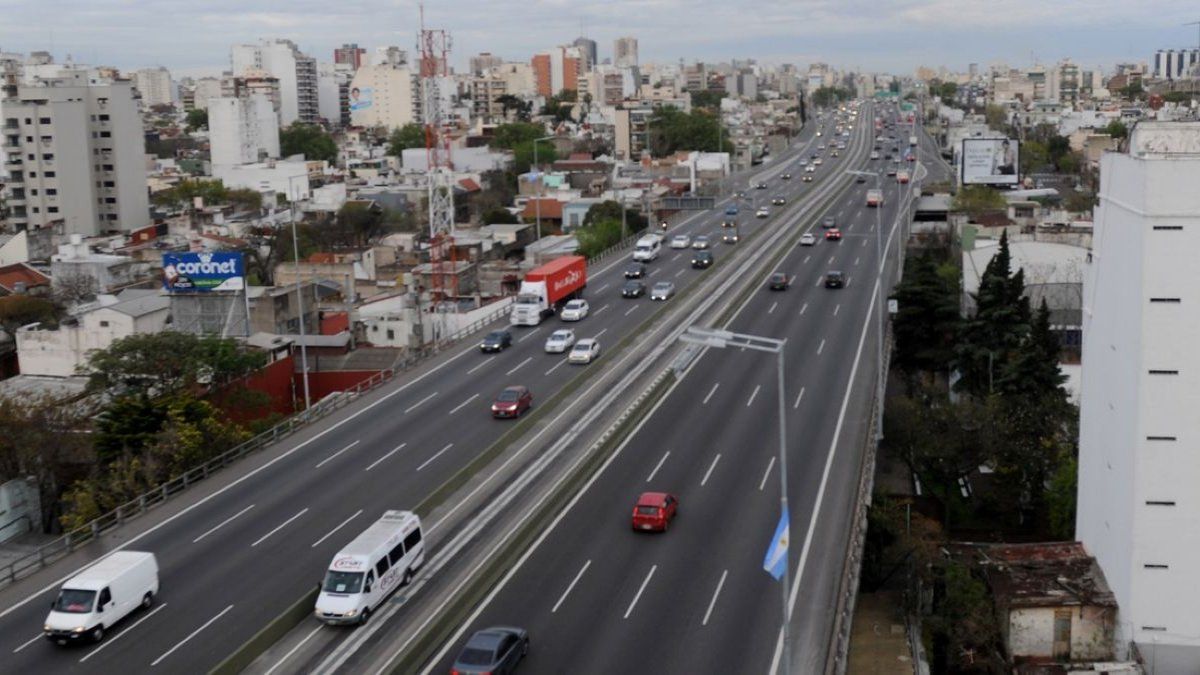The Essay on the Principle of Population written in 1798 by the English economist Thomas Robert Malthus warned of the tension between population growth and food production. Now a report from the United Nations Environment Program (UNEP) warns that In 2022, humanity will waste the equivalent of 1 billion tons of food every day.
This calculation is provisional and the amount of food spoiled “could be much higher”indicates the Food Waste Index.
While In the world there are still 800 million people suffering from hunger, the world spoiled more than 1,000 million tons of food in 2022equivalent to more than 1 billion dollars.
That represents approximately almost a fifth of everything that is produced, and represents “a global tragedy”the text warned.
“Millions of people will go hungry today while food is wasted around the world”Inger Andersen, executive director of the Program, said in a statement.
And it is not only a moral failure but also an “environmental one,” he added.
Food waste produces five times more CO2 emissions than the aviation sector, and requires huge areas of land where food is grown that is not ultimately consumed.
The report, prepared with the non-profit organization WRAP, is the second on global food waste compiled by the UN.
As data collection has improved, the true magnitude of the problem has become much clearer, said UNEP’s Clementine O’Connor.
Restaurants, dining rooms and hotels were responsible for 28% of total food waste in 2022, while retail trade such as butchers and grocery stores discarded 12%.
But the biggest culprits were households, which accounted for 60%, around 631 million tons.
Much of this happens because people simply buy more food than they need, but they also miscalculate portion sizes and don’t eat leftovers, Swannell said.
Another problem is expiration dates. There are perfectly good products that are thrown away because people incorrectly assume that they have gone bad.
The report explains that much of the food, especially in the developing world, is not frivolously wasted, but rather lost in transportation or spoiled due to lack of refrigeration.
Source: Ambito




